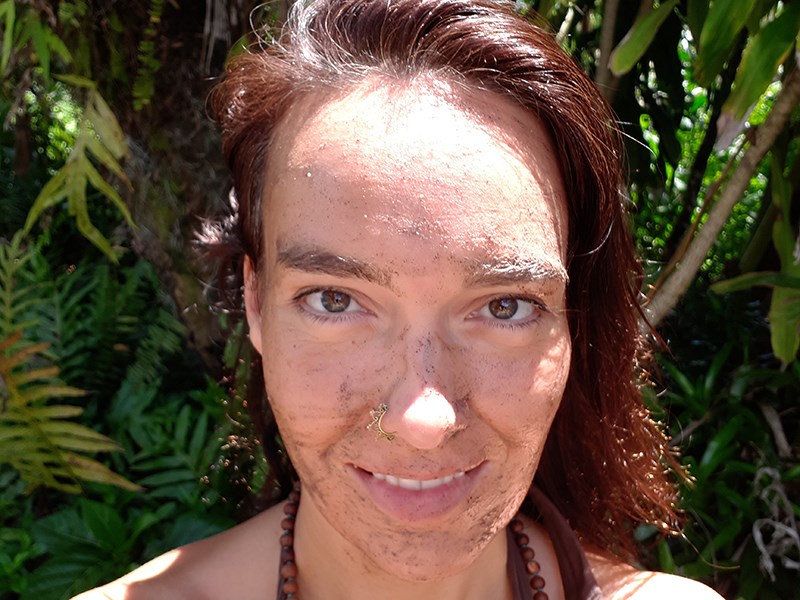Feel like treating yourself with a new moisturizer, exfoliating face scrub or an exotic-oil, deep-hair conditioning? The indulgence can be tempting, but the price at the till and cost to the planet is expensive.
Fortunately, you can make many amazing and natural health-care products in minutes at home for a fraction of name-brand prices.
Products made from home mean little to no additional plastic packaging, no transportation karma and no need for a translator to make sense of the list of ingredients.
When considering a new beauty product, think of this: if you cannot eat the ingredients, do not put them on your skin. Our skin is permeable and drinks in all we slather over it in an effort to clean and beautify.
Many modern day body-care products contain inedible and even toxic ingredients such as carcinogens, industrial chemicals, pesticides, reproductive toxins and hormone disruptors. Some of the worst culprits come in the form of BHA (beta hydroxy acid), dibutyl phthalate, parabens, petrolatum and sodium laureth sulfate, to name only a few.
Exfoliating microbeads are also an insidious addition to our beauty regime, because most are made from microscopic plastic that gets rinsed into our oceans and eaten by marine life, which mistakes it for algae.
Luckily, we can often find ingredients for moisturizers, exfoliants, shampoos and conditioners in our kitchens. Even better, we can also use kitchen scraps on our skin before they head to the compost. A mix of yogurt (even past optimum freshness), used coffee grinds and a little honey is a delicious face mask you need to try to fully appreciate. Yogurt and coffee contain antioxidants that reduce the signs of aging and honey moisturizes and softens the skin.
A quick peek online will reveal all sorts of recipes for beauty-care products that can be concocted in your kitchen. Once you start, you may soon find an aging avocado, a bit of coconut oil on a spoon, spilled sugar or a leftover tea bag has another chance to shine before going in the compost bucket.
Celebrate Earth Month and the plastic-free challenge by creating an at-home spa date for yourself and the planet.
Let’s Talk Trash is Powell River Regional District’s waste reduction education program.



